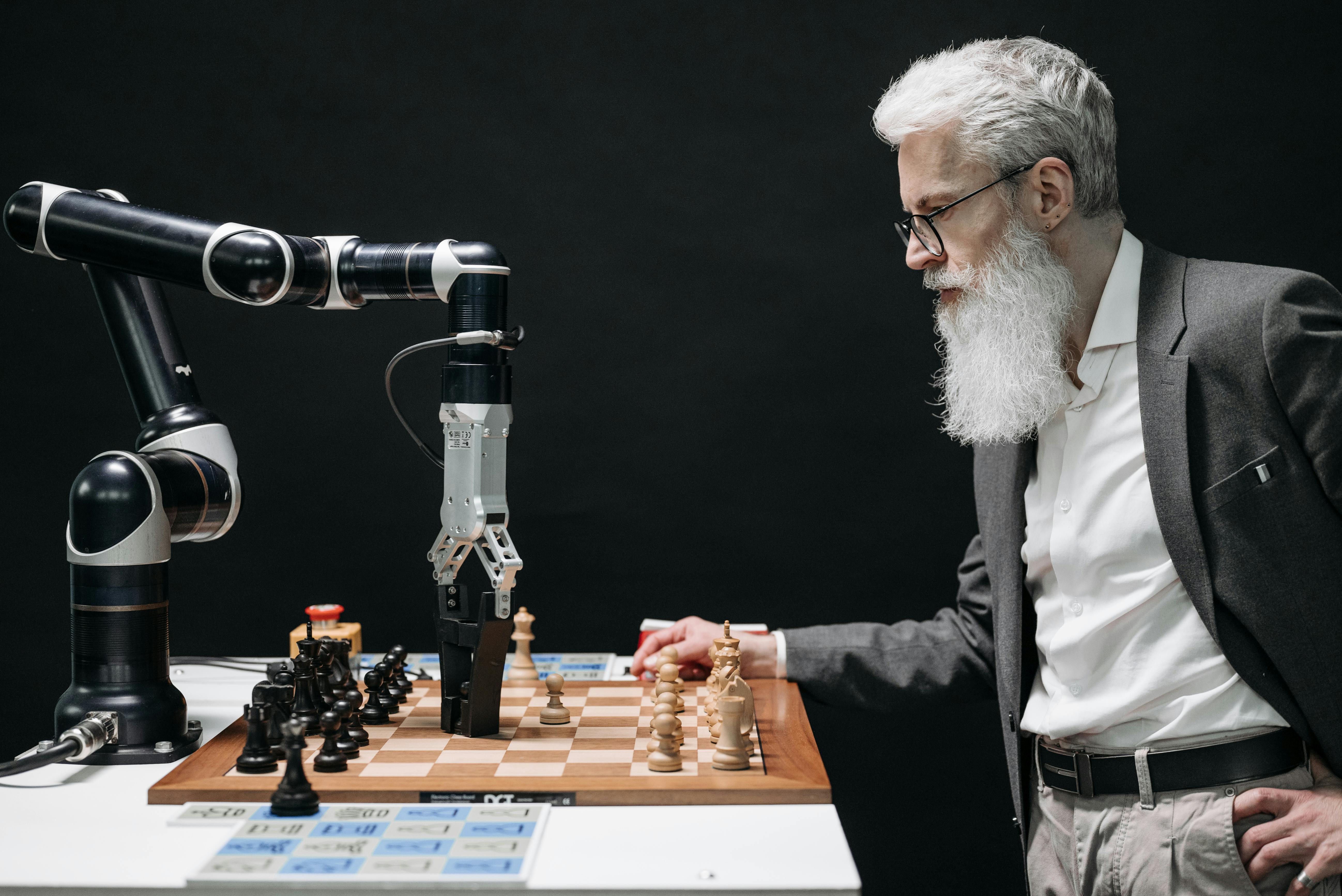Seaweed-7B: A Cost-Effective Foundation Model for Video Generation

Top post
Cost-Effective Video Generation: Seaweed-7B as a Promising Foundation Model
The development of foundation models for video generation is a computationally intensive and expensive undertaking. A new approach, presented in the technical report on Seaweed-7B, promises a remedy. The model, with approximately 7 billion parameters, achieves impressive results despite comparatively moderate computational effort and competes with significantly larger, more resource-intensive models. The report highlights the design decisions that enable this efficiency and enhance the performance of the mid-sized diffusion model.
The developers of Seaweed-7B, a team of international researchers, invested 665,000 H100 GPU hours in training the model. This is significantly less than comparable projects. The focus on cost-efficiency while maintaining performance is a central aspect of the project. Two observations underscore the success of this approach: First, Seaweed-7B achieves performance that can compete with, and in some areas even surpasses, larger models trained with significantly more computing power. Second, the model demonstrates high generalizability and can be effectively adapted to various downstream applications, either through lightweight fine-tuning or further training.
The generalizability of Seaweed-7B is particularly noteworthy. It allows the model to be applied in diverse areas without the need to train a completely new model for each application. This enormously reduces the effort and cost of developing specific AI solutions. Through fine-tuning, meaning the adaptation of the model to specific datasets, Seaweed-7B can be optimized for different tasks. Alternatively, the model can also be specialized through further training on specific datasets. Both methods allow for flexible and efficient adaptation to the respective requirements.
For companies like Mindverse, which develop customized AI solutions, a cost-effective and powerful foundation model like Seaweed-7B offers a wide range of possibilities. From chatbots and voicebots to AI search engines and knowledge systems, the technology can be used in numerous areas. The high generalizability of the model enables Mindverse to develop customer-specific solutions quickly and cost-effectively. The ability to adapt the model through fine-tuning or further training provides additional flexibility and allows for optimal adaptation to the specific needs of the customers.
The development of Seaweed-7B represents an important step towards more accessible and cost-effective video generation. The model demonstrates that impressive results can be achieved even with moderate computational effort. This opens up new possibilities for the application of AI in video production and enables companies like Mindverse to develop innovative and customized solutions for their customers.
Bibliography: - https://www.chatpaper.ai/dashboard/paper/a3c743ec-1f1f-4c9c-aaa6-d58cd1defc12 - https://chatpaper.com/chatpaper/zh-CN/paper/128524 - https://arxiv.org/html/2501.08316v1 - https://arxiv.org/abs/2503.09642 - https://www.physicalintelligence.company/download/pi0.pdf - https://openreview.net/group?id=robot-learning.org/CoRL/2024/Conference - https://seaweed-apt.com/ - https://www.slideshare.net/slideshow/cosmos-world-foundation-model-platform-for-physical-ai/274811401 - https://syncedreview.com/ - https://epoch.ai/data/all_ai_models.csv - https://huggingface.co/papers/2504.08685 - https://arxiv.org/abs/2504.08685.png)


